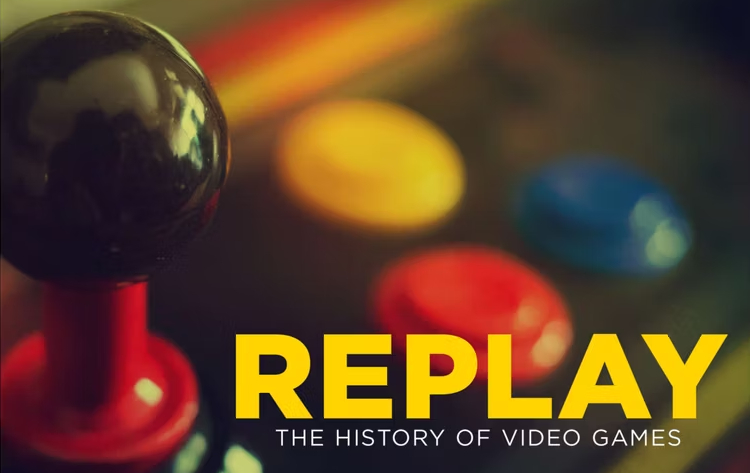
Replay, by Tristan Donovan, is more comprehensive than previous histories of video games (a catch-all term for arcade, console, and computer games). It received superlative reviews from computing magazines such as Wired and Edge when it was published in 2010.
The author begins by quoting one of his interviewees, who asks him why he is writing yet another book on the history of video games. Donovan’s answer is: “attempts at writing the history of video games to date have been US rather than global histories. In Replay: The History of Video Games, I hope to redress the balance, giving the US its due without neglecting the important influence of video games developed in Japan, Europe, and elsewhere.”
Replay does indeed have more international coverage than earlier books on the subject; it even includes an overview of South Korea’s online gaming industry. Also, this is a book about entertainment rather than technology: “I wanted to write a history of video games as an art form rather than as a business product.” A detailed ‘gameography’ provides a taxonomy and chronology of influential games such as Spacewar!, Pong, Space Invaders (“an iconic moment in video game history”), and Doom (“One of the most significant video games ever made”).
Leonard Herman’s Phoenix was the first book on the history of video games, published in 1994. Steven Poole (author of Unspeak) wrote the excellent Trigger Happy in 2000, analysing the aesthetics of video games. Also in 2000, Channel 4 broadcast the documentary Thumb Candy, presented by Iain Lee and directed by James Bobin.
The author begins by quoting one of his interviewees, who asks him why he is writing yet another book on the history of video games. Donovan’s answer is: “attempts at writing the history of video games to date have been US rather than global histories. In Replay: The History of Video Games, I hope to redress the balance, giving the US its due without neglecting the important influence of video games developed in Japan, Europe, and elsewhere.”
Replay does indeed have more international coverage than earlier books on the subject; it even includes an overview of South Korea’s online gaming industry. Also, this is a book about entertainment rather than technology: “I wanted to write a history of video games as an art form rather than as a business product.” A detailed ‘gameography’ provides a taxonomy and chronology of influential games such as Spacewar!, Pong, Space Invaders (“an iconic moment in video game history”), and Doom (“One of the most significant video games ever made”).
Leonard Herman’s Phoenix was the first book on the history of video games, published in 1994. Steven Poole (author of Unspeak) wrote the excellent Trigger Happy in 2000, analysing the aesthetics of video games. Also in 2000, Channel 4 broadcast the documentary Thumb Candy, presented by Iain Lee and directed by James Bobin.
